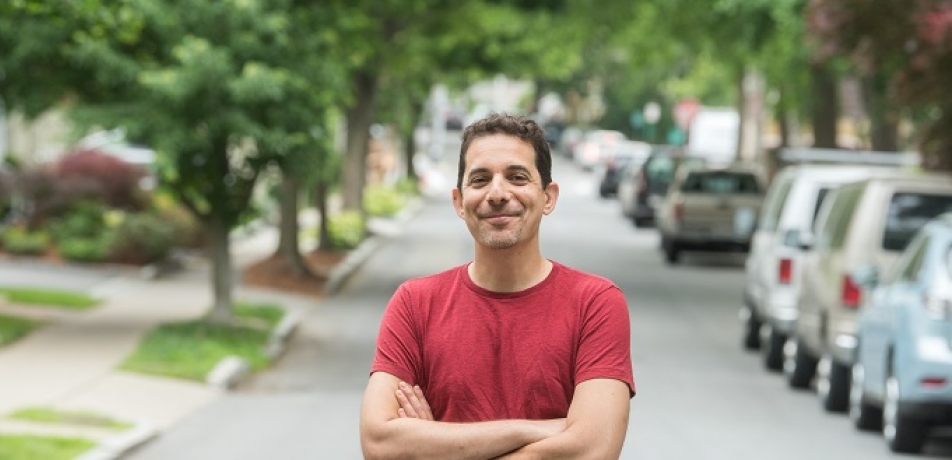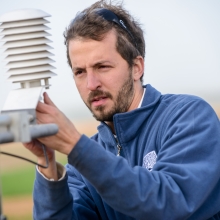How the brain and body ‘talk’ to each other
Introducing neurobiologist Dr. Yoav Livneh
New scientists

Dr. Yoav Livneh
The brain and body maintain a continuous dialogue based on internal sensing of bodily states. Dr. Yoav Livneh, who will join the faculty of the Weizmann Institute in August, explores this ‘conversation’ by investigating how the brain perceives and integrates diverse bodily signals such as heart rate, temperature, satiety, inflammation, fatigue, arousal, and thirst—and how that conversation can go awry, leading to dysfunctions in health or mental illness.
His work may provide insights into how negative environmental factors early in life—such as poverty, malnutrition, and abuse—can affect the brain’s ability to modulate and control mental health in adulthood. This research will play a key role in the planned Institute for Brain and Neural Sciences flagship project, a USD $200 million initiative that integrates the research agendas of 40 groups across the Institute in a new state-of-the-art building.
Folded deep within the center of the human cerebral cortex, the insular cortex—insula for short and found in both hemispheres—plays an outsized role in interpreting and integrating sensory signals received from the body. Given its extremely high number of connections with other brain areas, the insula serves as a hub for mediating behaviors related to how the brain senses bodily states—a process known as interoception.
Through interoception, the insula enables us to sense if we are tired or alert, hungry or satisfied, hot or cold, and links those sensations to our emotions, possibly aiding consciousness and self-awareness.
Thus, the insula drives us to eat, sleep, engage, flee, hide, or relax. Dr. Livneh plans to probe the cellular mechanisms and neural circuits that underlie this process—and determine how problems with insular function and interoception contribute to mental illnesses ranging from eating disorders and obesity, to anxiety, major depression, and addiction.
Born in San Francisco, Dr. Livneh earned his PhD from the Hebrew University of Jerusalem. He was recruited to join the Weizmann Institute while working as a postdoctoral fellow at Beth Israel Deaconess Medical Center of Harvard Medical School in Boston.
Among the questions he plans to investigate is how the body anticipates and changes, and prepares itself for them. For example, take smelling food when hungry, which drives both salivation and insulin release even before the meal actually occurs; the insula mediates this drive. Dr. Livneh plans to combine preclinical studies in animal models, with a cellular‐ and circuit‐level approach involving the use of innovative optogenetics tools that will enable him to observe and image neuronal activity and map the relevant circuits in the insula. Ultimately, he hopes to reveal the neural circuits of hunger and thirst that enhance the cortical responses to food and water‐predicting cues.
This work is especially relevant to studies of addiction, in which the hunger/satiety interoceptive process is ‘hijacked,’ causing cue-induced cravings and relapse, and contributing to obesity and eating disorders. A practical and detailed understanding of the mechanisms involved could inform the development of more effective therapies for these conditions.








